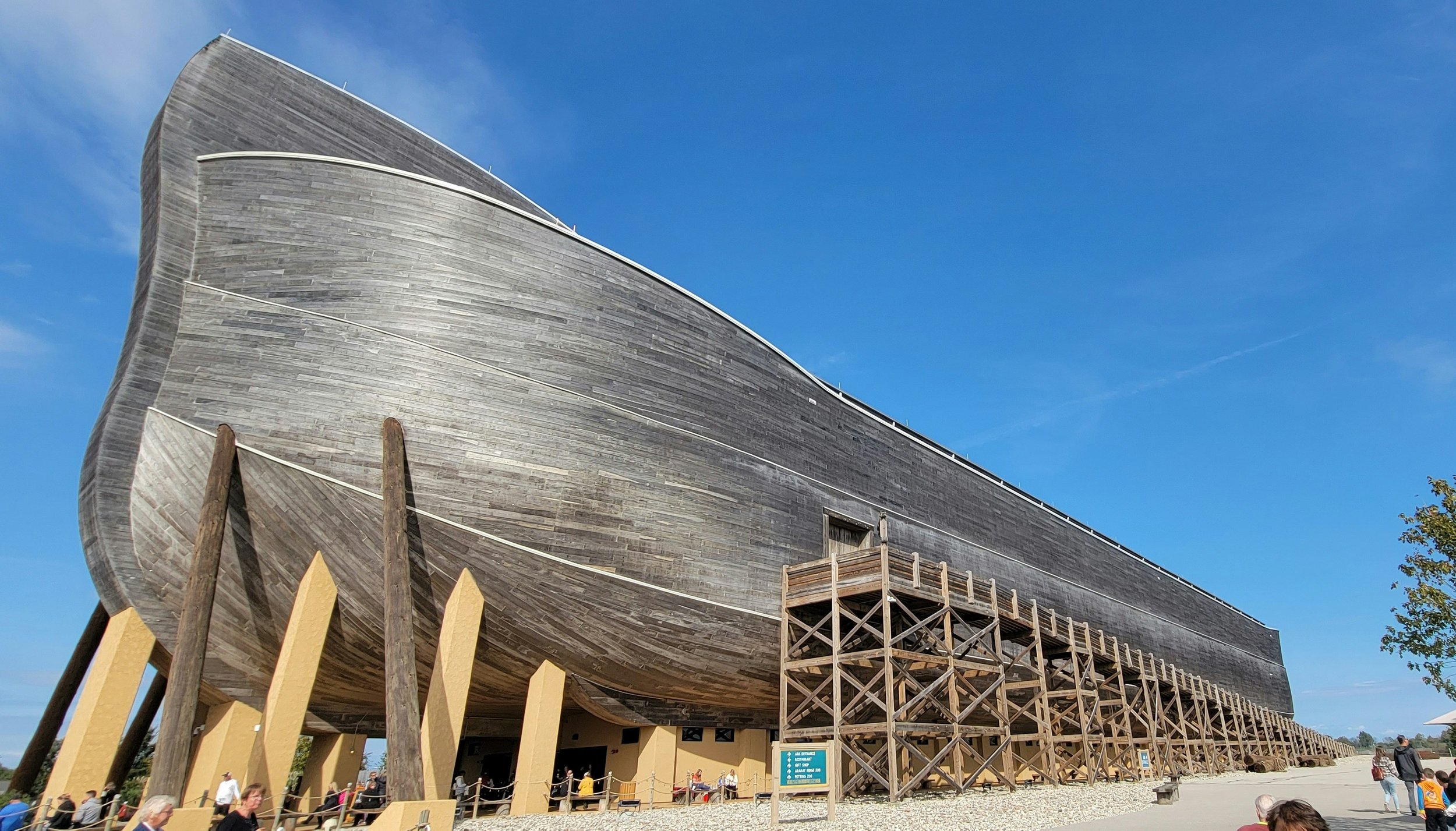Freedom Series: the divine perspective (Part 5)
Unconstrained individual freedom leads inevitably to unconstrained evil
As I shall later argue, authoritarian constraints on individual freedoms are evil and sooner or later lead to human impoverishment. However, in light of humanity’s predisposition to sin, some societal constraints on freedom are logically in order.
The best example of the inevitable outcome of unconstrained individual freedom is found in the biblical account of Noah and the great flood. Of course, citing a biblical example begs the question concerning the credibility of the Bible as a source of historical knowledge. Therefore, before proceeding further, I will simply reaffirm my strong conviction that the Bible is trustworthy for reasons elaborated in Chapter 7 of my book “More Than Your Business Card” and further addressed in my series “Is Christianity True (the Bible)?” beginning here.
While many skeptics consider the following biblical narrative to be allegorical in nature, Jesus did not. And, since Jesus was raised from the dead (see here), his words carry greater credibility with many well-educated individuals around the world today than do those of such skeptics. For example, this link takes you to a podcast on Genesis 6 by Dr. James Tour, one of the world’s foremost experts in nanotechnology.
Following the first couple’s eviction from paradise (aka, a life of relationship with, and dependence upon, God), humankind’s moral condition, unconstrained by a spirit alive to God, rapidly spiraled downhill. Within several generations, it reached such depths of depravity that God regretted having created humanity, as per the following narrative found in Genesis 6:5-7:
“The LORD saw how great the wickedness of the human race had become on the earth, and that every inclination of the thoughts of the human heart was only evil all the time. The LORD regretted that he had made human beings on the earth, and his heart was deeply troubled. So the LORD said, ‘I will wipe from the face of the earth the human race I have created—and with them the animals, the birds and the creatures that move along the ground—for I regret that I have made them.’” [emphasis added]
Notwithstanding God’s unmerited favor toward Noah and his family and Noah’s righteous response to God’s grace, sin remained intrinsic to human nature, since the spirits of individuals were dead to God.
In particular, his plan to rescue humankind from its bondage to sin was jeopardized by rampant human wickedness. As set forth in Genesis 3:15, God’s ultimate plan for reconciliation between Him and humanity required the preservation of a righteous offspring in the line of Eve. This future deliverer (“the Rescuer”) would defeat Satan (“crush his head”), thereby providing the means of liberation from slavery by grace through faith in him. After allowing 120 years for pre-flood humanity to repent, which didn’t happen, God chose to destroy them all. However, he made an exception for Noah and his family with whom He found favor and from whose line He planned to bring forth the Rescuer.
Notwithstanding God’s unmerited favor toward Noah and his family and Noah’s righteous response to God’s grace, sin remained intrinsic to human nature, since the spirits of individuals were dead to God. Thus, survival of the righteous seed would require the imposition of guard rails on unfettered human freedom. To this reality we shall now turn.
Photo by Elias Null on Unsplash
